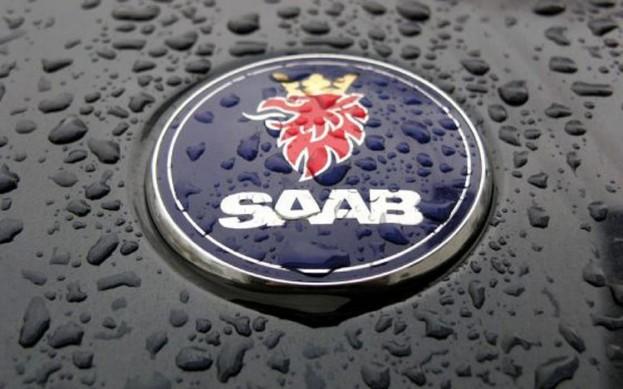 The story of Saab, enigmatic Swedish carmaker and bane of Kurt Vonnegut, is starting to sound like a soap opera, mixed with a zombie movie. After the company went bankrupt in 2011, its remains were purchased by an Asian conglomerate, which plans to produce electric cars under the National Electric Vehicle Sweden (NEVS) brand. Now, Saab’s former owner, Dutch boutique carmaker Spyker, and a Chinese firm are making their own bid for some of Saab’s remains.
The story of Saab, enigmatic Swedish carmaker and bane of Kurt Vonnegut, is starting to sound like a soap opera, mixed with a zombie movie. After the company went bankrupt in 2011, its remains were purchased by an Asian conglomerate, which plans to produce electric cars under the National Electric Vehicle Sweden (NEVS) brand. Now, Saab’s former owner, Dutch boutique carmaker Spyker, and a Chinese firm are making their own bid for some of Saab’s remains.
That Chinese firm is none other than Youngman, the same company that tried to buy Saab from Spyker before General Motors nixed the deal. Spyker and Youngman may not have the Saab trademark, but they do have the company’s last design. The appropriately-named “Phoenix” platform could underpin a new Dutch-Chinese car in the near future.
“Since the regretful demise of Saab in 2011, we have been investigating the possibilities to continue our cooperation with Youngman,” Victor Muller, CEO of Spyker and former CEO of Saab, said in a press release. “With this framework agreement, Youngman and Spyker lay the foundation for an intense cooperation whereby we will pursue the objectives we each had in mind when forging our cooperation as partners in Saab.”
Under a joint venture called Spyker Phoenix B.V., the two companies hope to build a range of premium cars based on the Phoenix platform, which was supposed to form the basis for nearly all future Saabs. Spyker will do most of the engineering work and sell the cars under its brand name.
However, Spyker does not own the Phoenix; it lost the rights to all of Saab’s designs after the latter was sold to the NEVS conglomerate. That’s where Youngman comes in. In addition to providing the venture with cash, Youngman still has a non-exclusive license for the Phoenix platform. The Chinese company took the license as collateral when it loaned Saab money in 2011. That loan was obviously never repaid.
Still, NEVS technically owns the Phoenix platform, and it might not like seeing another car with its design driving around. In his statement, Muller said that, whether NEVS pays off Saab’s debts or not, the license granted to Youngman would still be valid. He added that Spyker Phoenix may try to purchase the platform outright if the opportunity arises.
If the deal does fall through, Youngman and Spyker will still have a joint venture. Under Spyker P2P B.V., the two companies will work together to launch Spyker’s ultra-luxury SUV, the D8 Peking-to-Paris, which was supposed to debut in 2009. Youngman will provide the cash needed to get the D8 into production.
Saab may be gone, but its cars may live on under the NEVS and Spyker banners. Like seeing a beloved friend resurrected as a zombie, it might be too much for the Saab faithful to bear.
Editors' Recommendations
- With EV Live, GM lets you chat up EV experts away from obnoxious dealers
- The new Corvette’s 0-60 and top speeds were spied from an engineer’s notebook


